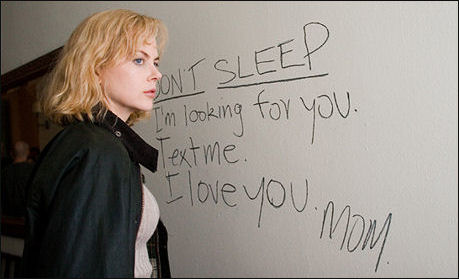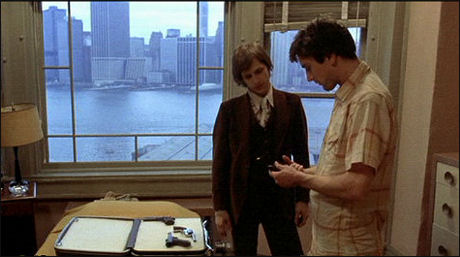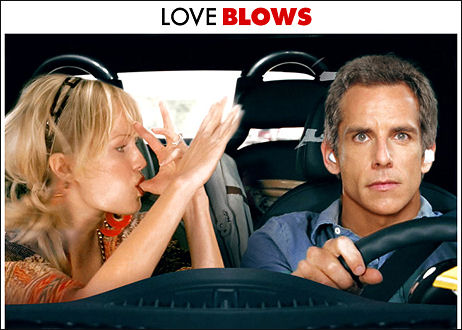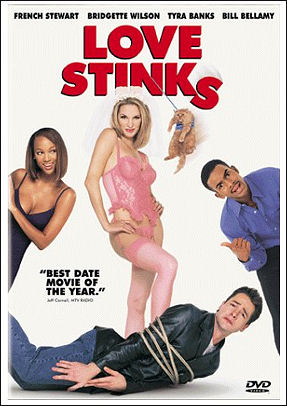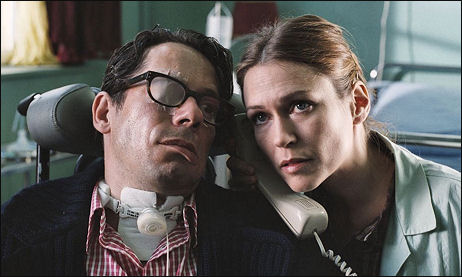The Envelope‘s Tom O’Neil is reporting that Rob Reiner‘s The Bucket List, a road-movie dramedy about a couple of old-guy cancer patients (Jack Nicholson, Morgan Freeman) who escape from a medical clinic so they can do this and that before succumbing to the Big Sleep, will open on 12.25. In fact a Warner Bros. publicist confided this decision about ten days ago to a friend. So obviously notions of Nicholson or Freeman (or both) being in the Oscar nominee game are now within the realm.

An Oscar-bait drama about cancer patients going on their last round-up, a December 25th platform release with a wide January break to follow, Nicholson and Freeman, inevitable applications of sentimentality, etc. If I were Reiner I would go with just one of the guys departing in the third act (or the end of the second act), but that’s me.
An AICN review of an early screening says that Jack and Morgan’s last joyride includes “skydiving, visiting the pyramids, hunting big game in Africa and riding a motorcycle down the Great Wall of China. The funny thing is that for a movie about dying, it’s really funny. [My girlfriend and I] both laughed pretty much all the way though, and she cried a whole bunch (okay, I might have cried a little). This is definitely a tear-jerker and though there are parts that crush you, you’re laughing at the same time. All in all, the feeling of the film is really uplifting and hopeful.”
He adds that Nicholson and Freeman are “amazing” and “shoo-ins” for Oscar consideration.
Of course, this was just written by “some guy” so take it with a grain of salt. On top of which there are always matters of concern with Reiner at the helm. His last hit (the decently made The American President) was twelve years ago. His last film, Rumor Has It, was thrown together on the fly so a little slack is in order, but it was still somewhere between inert and dreadful. Alex & Emma (’03), The Story of Us (’99) and Ghosts of Mississippi (’96) were movies to nod out by.
How does the director of A Few Good Men, The Princess Bride, Misery, When Harry Met Sally, Stand By Me and This Is Spinal Tap unlearn good instincts and good judgment? Beats me, but the last twelve years are the last twelve years.
My other beef is that Nicholson looks too well fed to be a cancer patient who’s been told his condition is terminal. I have some personal experience with this, and the closer you are to the end the thinner you tend to be. Even cancer copers with another year to go tend to look a little bit drawn and under-fed. I obviously haven’t seen the film, but I’d respect Nicholson’s performance a bit more if he’d mustered the discipline to forsake his lavish foodie lifestyle in order to drop 20 or 30 pounds instead of just shaving his head.


